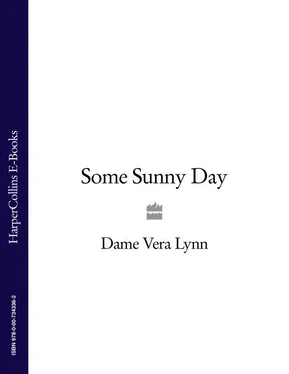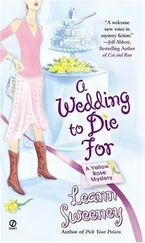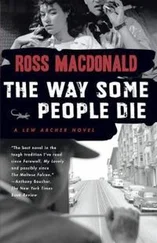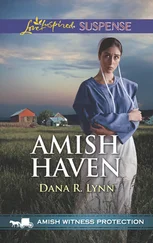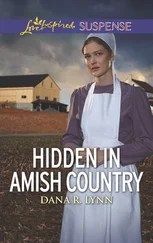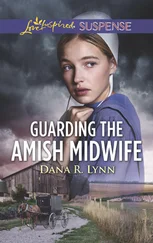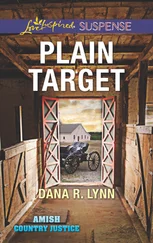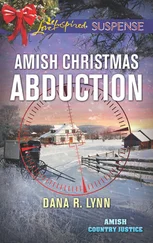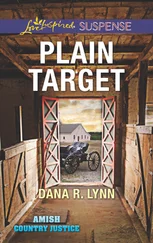These trivial incidents must have made a tremendous impression on me, for they remain vivid in my mind’s eye after ninety years. I know for certain that they took place before I was four, because when I was four we moved to another of those straight, flat East Ham streets, Ladysmith Avenue, to share a house with my grandma. And there we would stay until 1938, when at the age of twenty-one I’d made enough progress as a singer to be able to buy a house for my mum and dad and myself not far away in Barking.
In many ways we were just another typical working-class family. We were a small family: just me, my brother Roger, who was three years older than me, my parents, and my grandma, of course. I have very few recollections of my parents’ parents, although I have some beautiful old-fashioned pictures of them all. I vaguely remember my mother’s father, who died when I was four years old. From the photographs you’d think that we were well off, because everyone was always dressed in their Sunday best if they were having their photograph taken or if they were going out somewhere special. There’s a favourite shot I have of one of my aunts wearing a tweed suit, a fur tippet and a hat on the beach. I even have a photograph of my father on holiday in the countryside wearing what looks like a bowler hat. It was not because people were wealthy that they dressed like that: they just wore their best clothes to go out.
My mother, Annie, was a dressmaker and my father, Bertram, did all sorts of jobs. To this day I haven’t the faintest idea how my parents met—I never asked them. They were just ordinary people to me. My mother was a bit smart, though, because of her dressmaking. She made all her own clothes. Before she was married, she worked for a London dressmaker who took on royal commissions. She was the one who taught me how to sew and make things properly. My father worked as a plumber and he’d been on the docks. In those days, you took any job you could get. That’s how it was when I was a child. Despite this, my father was an easy-going man who liked to laugh—and he was a very good dancer.
That’s what was unusual about my childhood in a way. Thinking back on it all now, I realize that the things which helped to determine that I would go on to have a career as a singer were part of my life very early on, even though they may not have stayed in my mind in the same way as the kettles and the wash-house and the rough towel and the broken eggcup. We had quite a social life. There was Uncle George, my Dad’s brother, who had taught me those songs and would even wake me up to sing them for him. He used to appear in the working men’s clubs doing a George Robey impression, with a little round hat and the arched eyebrows; he had an act with his sister as well, and they wrote some of their own songs. Dad himself was very active in the East Ham Working Men’s Club, and was master of ceremonies at the dances there on a Saturday night: I used to see him in his white gloves and patent pumps, calling out the names of the dances, and feel so proud of him. During the long period of the club-going days—almost the first two decades of my life—he worked not only in the docks, but also as a plumber’s mate, as a glass blower, at the Co-op and, during the Depression, sometimes not at all; but whatever he was doing, I think it was his club activities he really lived for—his darts, his billiards and above all his dancing. In fact the whole family was very socially minded, and I was taken to the club as a matter of course from my very earliest childhood. Now I come to think of it, it was at a concert in the East Ham club that I was first taken ill that time.
Even after we moved to Ladysmith Avenue and lived with my grandma, Margaret Martin, my mother’s mother, there was never any question of leaving me at home. For a start, Grandma always came with us anyway, until she got too old, but that had nothing to do with it—it was simply the accepted thing that we should all go as a family. So, what with my dad being master of ceremonies at the dances, and one of his sisters being on the music-hall stage in a small way, and Uncle George singing his songs and doing his George Robey act, and Mum occasionally seeing to some of the club bar work and the catering (‘There’s money in cups of tea,’ she used to say in her practical way), I got accustomed very early to the idea of helping to provide entertainment.
Besides, we were a great family for singing: there were good voices on both sides, and no reluctance to use them. Grandma had a lovely voice, untrained, but much more of a concert performer’s voice than the voices of the rest of us. She used to sing ballads like the popular ‘Thora’, by Stephen Adams, and ‘Until’, and she still sang at the party we gave for her eighty-fourth birthday. Dad had a good voice and his party piece was ‘Laugh and the world will be smiling, weep and you’re weeping alone’. There always seemed to be sing-song parties going on round at my other grandmother’s in Gillett Avenue—which was the next road—with my aunt at the piano and everybody doing something.
My father was a very easy-going man, very quiet. He never made demands, never asked for anything. My mother was the one with the push and the get-up-and-go. She was the one who got me into singing professionally. She had it in mind from before I was seven. She was considered one of the smart girls when she was young and she had carried on sewing professionally once she was married. In those days when you married you had to leave your job—you couldn’t carry on—so she just did her dressmaking at home for people. She cared about her appearance but wasn’t what you’d call glamorous nowadays. She didn’t use make-up, only powder, because it wasn’t done to wear make-up in those days, but she always used Pond’s Cold Cream, and I used to sit on the bed and watch her put it on at the mirror at her dressing table. People called her ‘nice-looking’: she was pale with dark, bobbed hair, which she set herself in waves. One of my favourite photographs of her shows her wearing a black dress cinched at the waist with a silver belt buckle and she’s wearing a beautiful lace collar. That’s just how I like to remember her.
As a child I wasn’t interested in dressing up and showing off myself. I suppose at those early house parties I was like most little girls—torn between a desire to show what I could do and shyness at the idea of standing up and singing in front of a roomful of people. Oddly enough, in time I really came to resent being asked to sing at parties and hated it when Mum would encourage her friends to call out those dreaded words ‘Come on, give us a song.’ And I have to confess I still hate that sort of thing; even today, if I’m at a party, I get very uncomfortable at the thought of having to get up and sing. That’s why, at the sing-songs round the piano which we occasionally have at home, no matter who’s there I’d never ask them to do a turn.
Besides the entertainment that the immediate family and the club could offer, there was that of the professional variety theatre. The old lady opposite my grandmother’s in Ladysmith Avenue had a girl living with her as some kind of companion and this girl would sometimes take me to the East Ham Palace, where it was threepence to go up in the gods. This was our local variety theatre, right next to East Ham Station. I’d gaze down from our seats practically in the roof and dream of being on a stage like that myself one day. They had all sorts of different acts on there: comics, singers, dancers, acrobats, magicians—they weren’t necessarily famous but they were professionals, all working the circuit. A comic called Wood sticks in my mind and I saw Florrie Forde there when I was about ten years old—I remember her on stage all dressed up and singing songs. She would probably have had top billing as she was a very popular Australian entertainer best known for singing, ‘It’s a Long Way to Tipperary’ and ‘Pack Up Your Troubles in Your Old Kit Bag’. She had entertained the troops during the First World War and she would perform until the day she died in 1940, straight after an engagement singing for the troops. She made a lasting impression on me.
Читать дальше
